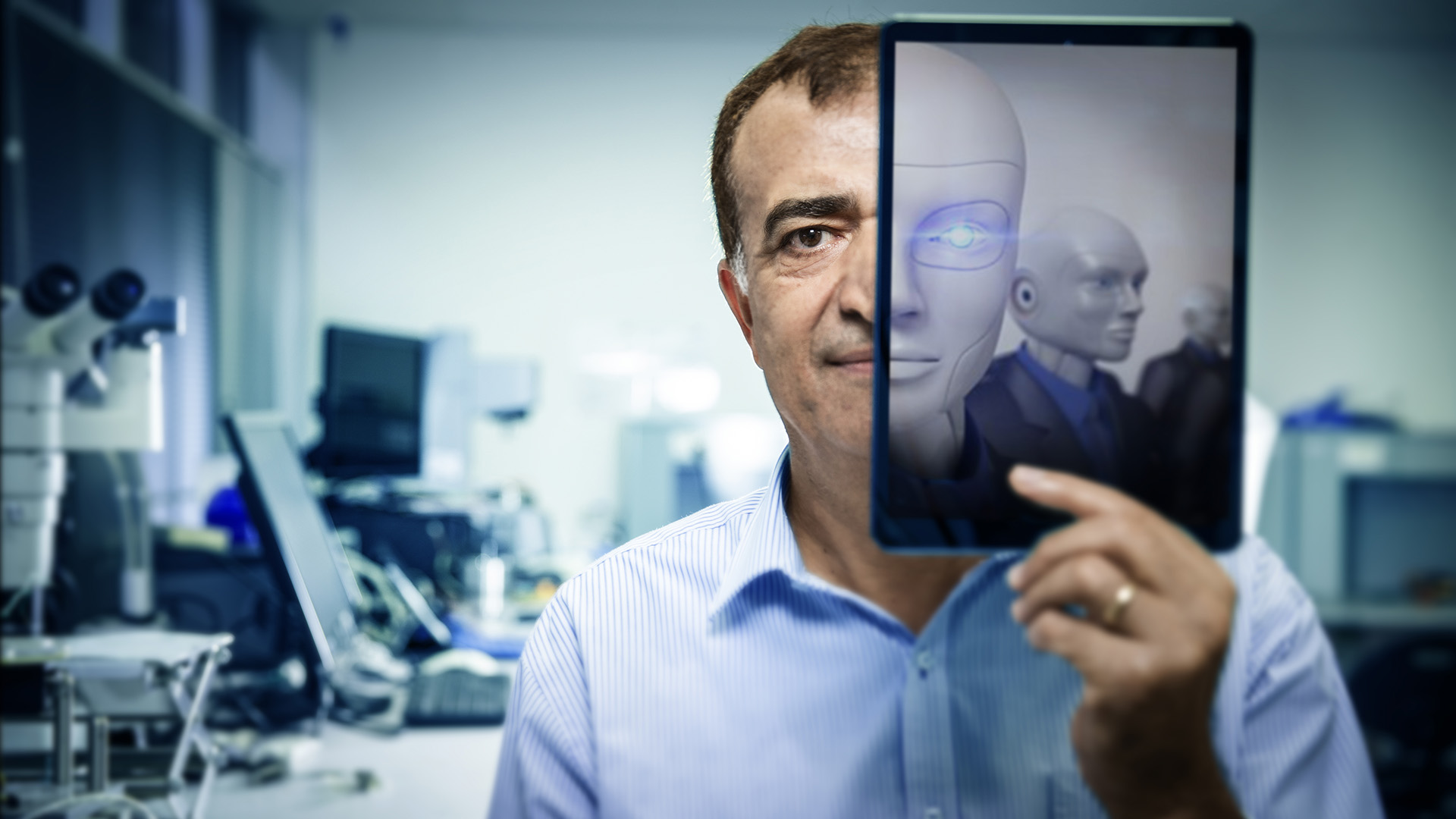September 2, 2021
Building the future of engineering in Australia
UOW welcomes Engineering 2035 report as a reflection of the future of engineering education
The University of Wollongong (UOW) has welcomed the release of the Engineering 2035 report and is well placed to respond to its findings thanks to its practise of continuously re-evaluating and adapting its engineering curriculum and its track record of collaboration with industry to help prepare students for the workplaces of the future.
The Australian Council of Engineering Deans (ACED) commissioned Engineering 2035 to consider the changing nature of professional engineering practice and the implications for engineering education in Australia. The study focuses on professional engineering practices and education and best practices that would keep engineering in Australia a competitive and innovative industry.
Australia is known for producing world-class engineers due to its constant implementation of best practice learning curriculum and working closely with the industry. However, today’s employers expect engineering graduates to have gained skills in addition to technical skills they gain at the university.
UOW is one of Australia’s leading engineering universities. In engineering, UOW ranks No.1 in NSW for learner engagement, learning resources, skills development and student support, and also received a 5-star rating for overall quality of educational experience (Good Universities Guide 2020). Times Higher Education ranks UOW Engineering and Technology 92nd in the world, 6th in Australia and 3rd in NSW.
Interim Executive Dean of the Faculty of Engineering and Information Sciences Senior Professor Gursel Alici welcomed the release of Engineering 2035.
“The recommendations in the ACED report are a reflection of what the future of engineering education in Australia looks like,” Professor Alici said,
“UOW is constantly adapting and improving its engineering curriculum to meet the future needs of the profession. It is UOW’s core belief that providing right tools of success and industry collaborations prepare students for the future.”
UOW has remained visionary when it comes to building students’ skills by providing tools of success and investing in programs which enable students to gain meaningful work experience by engaging directly with industry experts and building workplace skills before they finish their degree.
UOW Deputy Vice-Chancellor (Education), Professor Theo Farrell said the University’s vision is to produce life-ready graduates with the skills, knowledge and attributes to meet the future workforce and societal needs. UOW’s short courses is one such example where it’s leading change by providing opportunities for people to upskill and reskill in order seize new employment opportunities and advance their careers.
“UOW is well aligned with the recommendations of ACED report and prepared for the future employer expectations.
“Engineering and technological innovation are important drivers of economic and social progress, improving our lives and bringing ideas into reality,” Professor Farrell said.
“Our engineering curriculum has done remarkably well and has produced world class engineers who are helping to build a better society.
“UOW is focused on catering to the education needs of our communities and investing in the next generation of leaders and change-makers in all walks of life.”
The Engineering 2035 report notes that before the pandemic hit the university sector, the growth areas in engineering were in international enrolments, predominantly in postgraduate programs. Domestic enrolments have remained static for the past five years.
In 2019 about 122,000 engineering students were enrolled in 35 public universities offering engineering programs in Australia. Some 50,000 of those were studying professional engineering degrees.
The report finds that Australia needs to ensure that it produces sufficient engineering graduates to meet the needs of the nation without being overly reliant on skilled migration. It also recommends placing greater emphasis on practical aspects of the degree and attracting more women and Aboriginal and Torres Strait Islander students to the profession.
The report chose 2035 as the prospect for this work as it represents generational turnover
